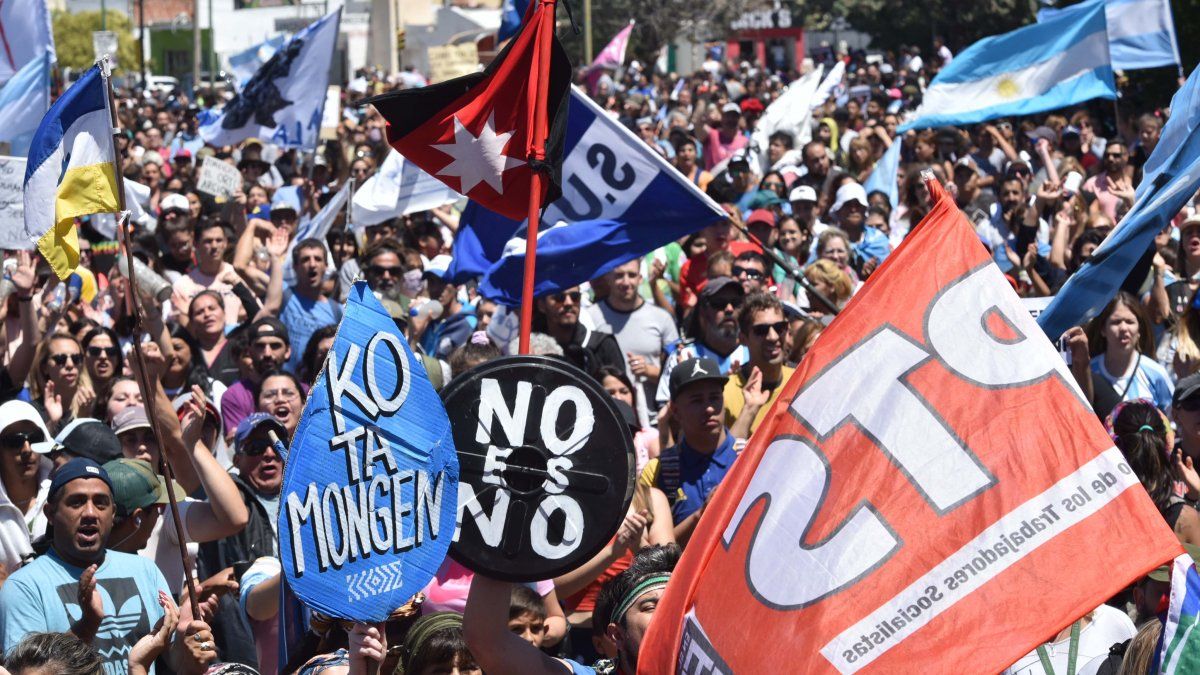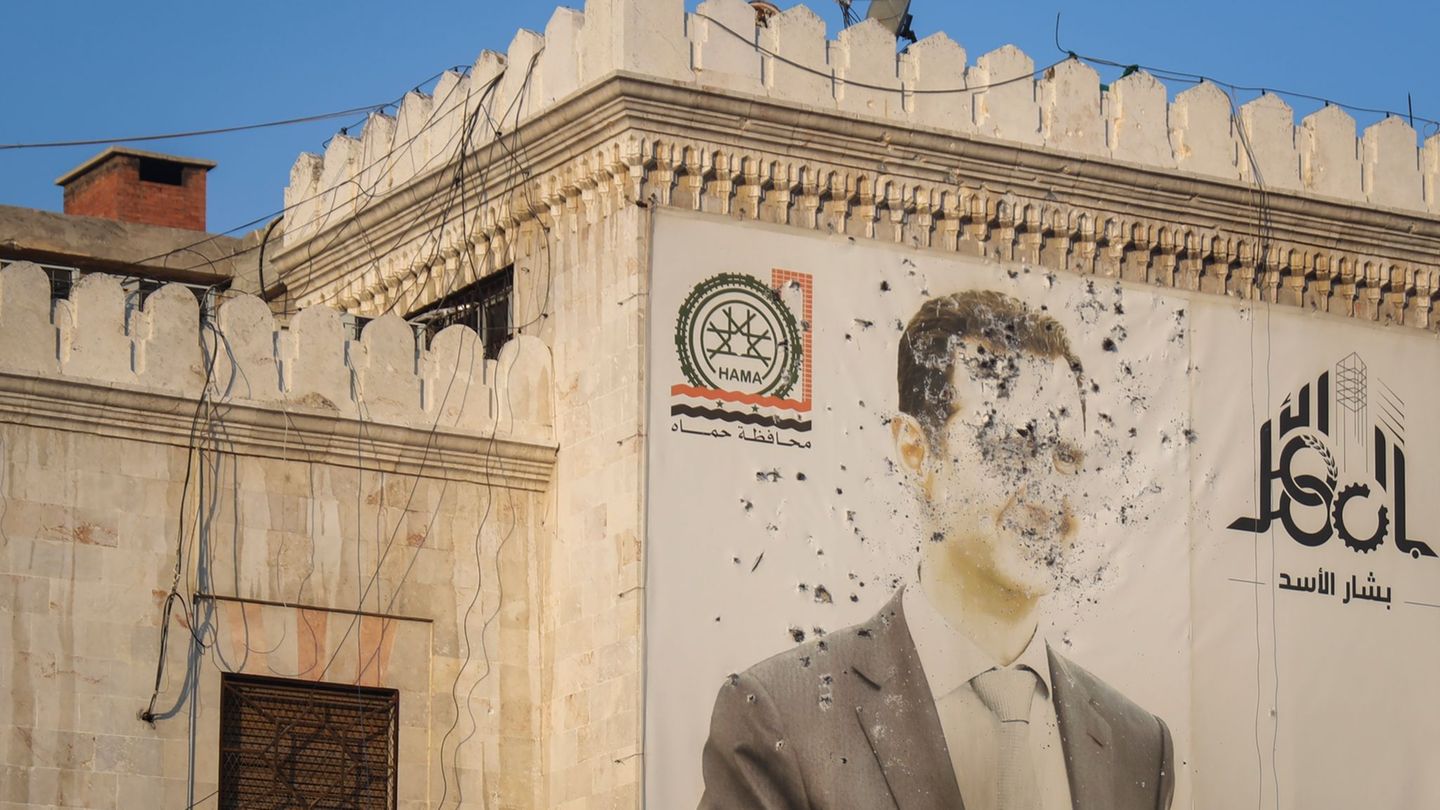The first thing to say is that this figure is not contemplated in the Provincial Constitution with that name, which nevertheless contains various institutes of semi-direct democracy such as the popular consultation in its two variants (binding and non-binding), the popular initiative, the revocation of mandates, the referendum to validate a constitutional amendment and the legislative referendum for those kinds of projects specifically provided for in the Constitution of the province.
We understand that the Governor’s allusion then refers to the popular consultation since it is the only one of these variants that would be applicable to the case. This is an assumption because so far it seems more like an announcement that aimed to decompress the escalation of social protest than a realization, since the project that he sent to the Legislature was limited to the repeal of the zoning law.
The popular consultation is contemplated in art. 262 of the Provincial Constitution amended in 1994 and It is a carbon copy of the figure that was also incorporated into the National Constitution in the reform of the same year.
In its binding modality, the call must be resolved through a law by the Legislature, so that the electoral body is the one that approves or disapproves with its majority affirmative or negative vote, respectively, a bill.
This modality requires a bill with parliamentary status. The holder of the power to legislate, which is the Legislature by way of representation, takes away that power and through a law restores it to the people, who in an election vote in favor (yes) or against (no) of a project of determined law.
The vote in this case is mandatory and if the affirmative position is a majority, the bill is approved as law, and the Executive Power must automatically promulgate it. Otherwise the project is rejected.
The second popular consultation option is the non-binding one. In this case, what is submitted to the electoral body to vote for yes or no is the opinion of the people on a certain issue. A bill is not put to consideration, as a result of which the result does not oblige the public powers, although it does have the political effect of conditioning the determination that they subsequently adopt.
In the non-binding consultation, the summons can be made by both the Legislature – although in this case by resolution – as well as the Executive Power. Saving distances, this is what happened with the consultation with the electoral body that President Alfonsín ordered by decree in November 1984, so that the people could give their opinion on the support or rejection of the Treaty of Peace and Friendship signed between Argentina and Chile to put an end to the conflict over the Beagle Channel and the Picton, Nueva and Lennox islands, when the Senate controlled by justicialism resisted approving it under the leadership of Senator Vicente Saadi.
At that time, there were objections to the convocation by a Peronism that was reluctant to transcend the instances of representative democracy to participatory democracy, using the excuse that popular consultations were not contemplated in the National Constitution (they would only recently be incorporated in a way expressed ten years later in the constitutional reform as art. 40).
Although it was a non-binding call and non-mandatory participation, both the participation (70.09%) and the yes vote (82.60%) were massive.
The governor’s announcement leaves many questions. It seemed to refer to a binding consultation as it was implied that the final decision on this controversial matter would be deposited directly with the people.
However, to date, this is impossible to comply with because there is no draft law with parliamentary status that can be submitted to binding consultation. Project 128 was approved last week, losing status. And that is a condition of origin of the query, as expressly clarified by art. 3 of the regulatory law of which I was the author as a provincial deputy.
Paradoxically, to activate the binding popular consultation mechanism, the governor would have to refer to the Legislature a bill like the one he asked to pass a week ago and repeal the next, which will surely be difficult to explain to society and will add more confusion in an environment overly sensitized.
If, on the other hand, the non-binding consultation takes the path, whatever the result, it would force the decision to be taken by the Legislature, and this is difficult to see after the wear and tear to which it subjected fourteen deputies who had to renounce what they had voted just a few days ago.
It seems then that it was one more link of stumbles and improvisations of the government of Chubut, in which there is also a faulty advice from the governor that is exposed both by the name that was used (plebiscite) and by the inadvertence of what to comply with. with the same, he obliges him to resend a bill that the company forced him to repeal a few days after its approval.
Chubut National Deputy.
Source From: Ambito




